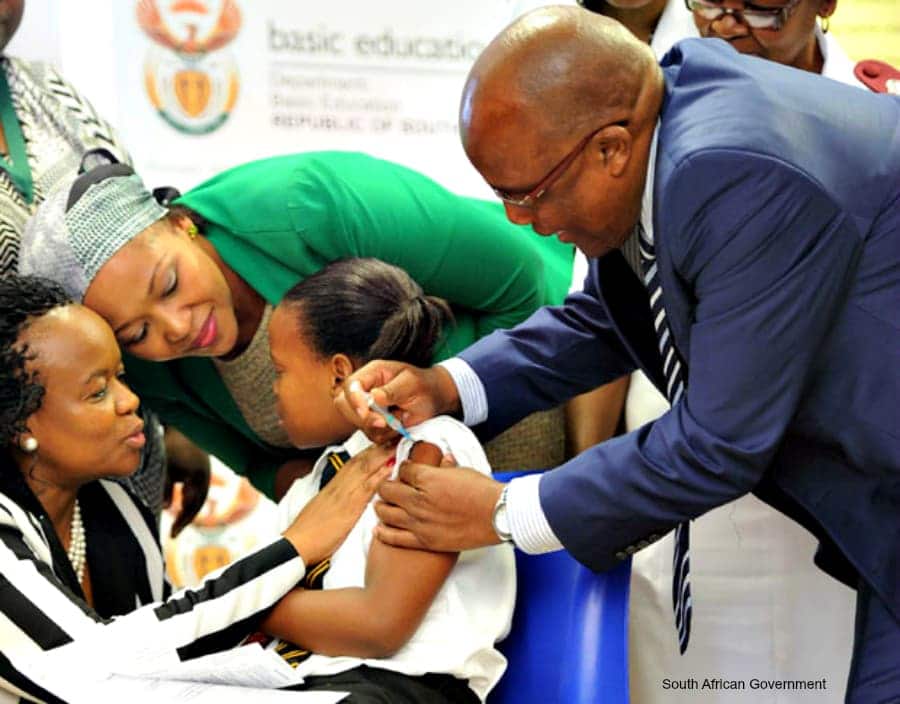New study points to earlier start for ARVs
Patients who start antiretroviral therapy when their CD4 count drops to 350 have significantly stronger immune systems six years later than those who start when their CD4 count reaches 200.
This is according to a study of 655 patients conducted by Dr Richard Moore of Johns Hopkins University that is due to be published in the 15 February edition of ‘Clinical Infectious Diseases’.
In South Africa, patients are eligible for ARVs when their CD4 count (which measures the level of immunity in the blood) drops to 200.
Researchers found that, in all patients, increases in CD4 counts levelled off after four years of ARV treatment.
After six years of treatment, those who had started with CD4 counts of between 201 and 349 now had an average CD4 count of 508. But those who started ARVs with a CD4 count above 350 had an average CD4 count of 829 ‘ which is considered to be normal.
All three groups of patients had significant increases in their CD4 counts for the first four years of ARVs, after which they reached ‘a plateau’, according to the study.
The choice of anti-HIV medication did not affect significantly affect CD4 cell gains, neither did race or gender (most were black men).
Author

Kerry Cullinan is the Managing Editor at Health-e News Service. Follow her on Twitter @kerrycullinan11
Republish this article
This work is licensed under a Creative Commons Attribution-NoDerivatives 4.0 International License.
Unless otherwise noted, you can republish our articles for free under a Creative Commons license. Here’s what you need to know:
You have to credit Health-e News. In the byline, we prefer “Author Name, Publication.” At the top of the text of your story, include a line that reads: “This story was originally published by Health-e News.” You must link the word “Health-e News” to the original URL of the story.
You must include all of the links from our story, including our newsletter sign up link.
If you use canonical metadata, please use the Health-e News URL. For more information about canonical metadata, click here.
You can’t edit our material, except to reflect relative changes in time, location and editorial style. (For example, “yesterday” can be changed to “last week”)
You have no rights to sell, license, syndicate, or otherwise represent yourself as the authorized owner of our material to any third parties. This means that you cannot actively publish or submit our work for syndication to third party platforms or apps like Apple News or Google News. Health-e News understands that publishers cannot fully control when certain third parties automatically summarise or crawl content from publishers’ own sites.
You can’t republish our material wholesale, or automatically; you need to select stories to be republished individually.
If you share republished stories on social media, we’d appreciate being tagged in your posts. You can find us on Twitter @HealthENews, Instagram @healthenews, and Facebook Health-e News Service.
You can grab HTML code for our stories easily. Click on the Creative Commons logo on our stories. You’ll find it with the other share buttons.
If you have any other questions, contact info@health-e.org.za.
New study points to earlier start for ARVs
by Kerry Cullinan, Health-e News
January 23, 2007



